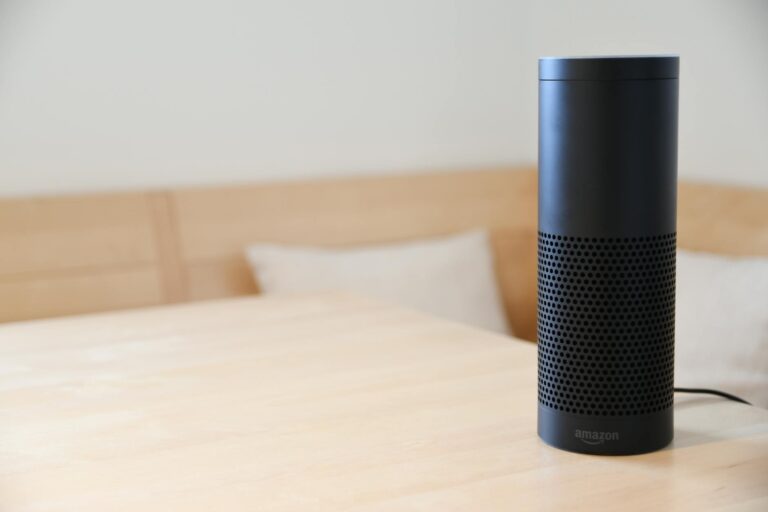As technology continues to advance and store more personal data, there have been increasing concerns about data breaches and the potential consequences they can have on individuals. While many may think of credit card information or social security numbers being compromised, there is another type of data breach that can have devastating effects – the breach of medical information.
This type of breach recently occurred in a case involving dementia and sleep disorders, causing alarm and raising questions about the security of sensitive medical information. Let’s take a closer look at what happened and the implications it has for those affected.
The Breach
In 2015, the University of California, Los Angeles (UCLA) Health System experienced a data breach that affected over 4.5 million patients. Among those patients were individuals with dementia and sleep disorders, making this breach particularly concerning.
The breach was discovered when hackers gained access to a database containing medical records, including names, addresses, social security numbers, and medical diagnoses. This type of information is highly sensitive and could potentially be used for identity theft or other malicious purposes.
The Consequences
For those with dementia and sleep disorders, this data breach can have significant consequences. These individuals are already vulnerable due to their conditions, and the exposure of their medical information can make them even more susceptible to potential harm.
Some of the potential consequences include identity theft, financial fraud, and even medical identity theft. Medical identity theft occurs when someone uses another person’s medical information to obtain medical treatment or prescriptions. This can not only lead to incorrect diagnoses and treatments but also put the victim’s health at risk.
Furthermore, this breach also raises concerns about the privacy and confidentiality of medical information. Patients trust healthcare providers to keep their personal information safe and secure, and a breach like this erodes that trust.
The Importance of Proper Security Measures
This breach highlights the importance of implementing proper security measures to protect sensitive medical information. As technology continues to advance, it is crucial for healthcare providers to stay updated and vigilant in their efforts to safeguard patient data.
One of the ways this can be achieved is through the use of encryption, which converts sensitive information into code to prevent unauthorized access. Regular security audits and employee training on data security protocols are also crucial in preventing breaches.
In addition, healthcare providers must also comply with laws and regulations, such as the Health Insurance Portability and Accountability Act (HIPAA), which sets standards for protecting sensitive medical information. Failure to comply with these regulations can result in severe penalties and damage to a provider’s reputation.
Rebuilding Trust
For those affected by the breach, rebuilding trust with their healthcare provider may be challenging. It is essential for healthcare organizations to take responsibility for their part in the breach and work towards rectifying the situation.
This may include offering credit monitoring services, providing resources for identity theft protection, and establishing better security measures to prevent future breaches. Open and honest communication with patients is also crucial in rebuilding trust and maintaining transparency.
Moving Forward
Data breaches in healthcare are unfortunately becoming more common, and it is essential for both healthcare providers and patients to be aware of the potential risks. Patients should be proactive in monitoring their personal information and reporting any suspicious activity.
As for healthcare providers, implementing strict security measures and regularly reviewing and updating them is crucial in protecting sensitive medical information. It is also important for healthcare organizations to prioritize transparency and communication with patients when a breach does occur.
In conclusion, the data breach involving dementia and sleep disorders has shed light on the need for better security measures and stricter compliance with regulations in the healthcare industry. It serves as a reminder for all individuals to be vigilant about protecting their personal information and for healthcare providers to prioritize the safety and privacy of their patients.





